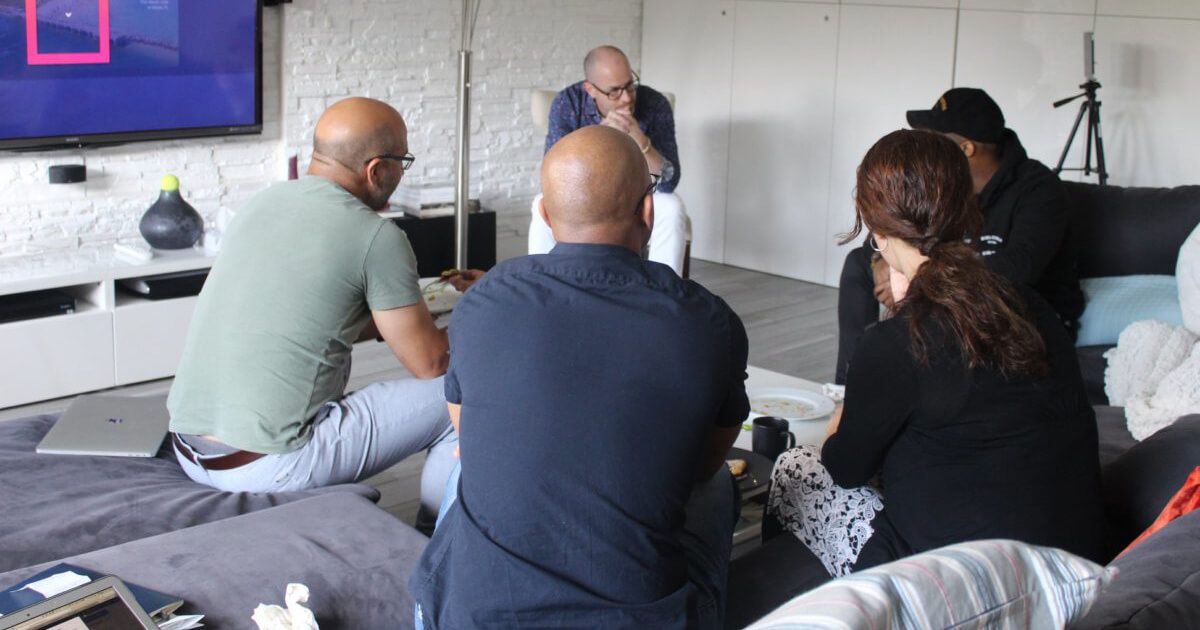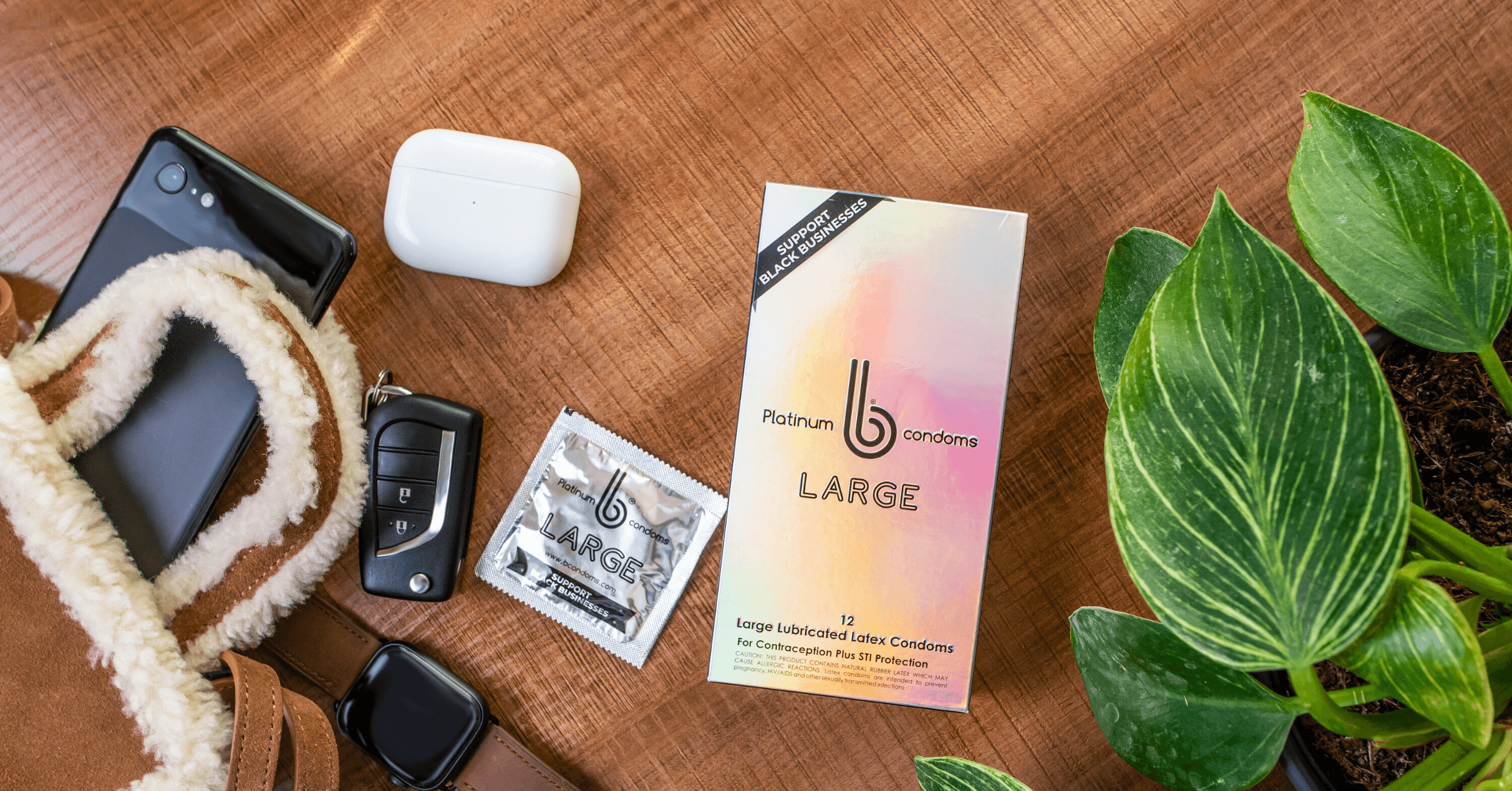Black tech accelerators across the country have been working swiftly to adjust their founder and entrepreneurial programs amid the COVID-19 crisis. This has meant shifting in-person training to virtual sessions, rethinking business strategies, and preparing founders for an unpredictable market.
These efforts to maintain momentum by converting accelerator cohort programs online, they hope, will reduce the blow of coronavirus’s disruption to their overall attempts to nurture startups from the ground up.
Key Takeaways
- DivInc, Hillman / NewMe, Impact Ventures, HBCUvc transition all programming online.
- Operators concerned that lack of in-person investor meetings will lead to reduced funding options for Black founders.
- Some Black founders saw funding frozen or users reduced by 80%
In Austin, nonprofit accelerator DivInc was expecting to introduce the sixth cohort of 17 founders to its entrepreneurship program on March 8, but decided to postpone when COVID-19 spread rapidly across the country.
“We were hit hard,” said Brooke Turner, DivInc’s program director. “Everything was shutting down and we had to start making quick decisions about how to best support our founders.”
As it became clear that meeting with its new cohort of 17 founders was no longer a viable option, DivInc’s CEO and founder Preston James made the call to transition the program online.
“We have entrepreneurs trying to build businesses. If we want to cancel the cohort, we would be letting down so many people,” he said. “It was a no brainer to go virtual…but how do we create a culture that ensures that we’re addressing the unique challenges that these founders will face?”
DivInc had to first choose a platform that would optimize engagement and interaction throughout the 12-week program. They settled on implementing Team Performance Indicators (TPI) management, metrics that evaluate how each company is building its consumer base: Are they targeting the right customers? Are customers willing to pay for certain products?
They then set a goal for each founder to identify two to three key performance indicators per week. “They will say for example that they’ll do a survey of 20 people this week and they will share this with their peer founders and DivInc. So we follow-up and challenge them to scale up,” said James.
Apart from motivating founders, James has been concerned about how COVID-19 could impact the ability of DivInc’s founders to build relationships with investors. “Relationship development is a three- to nine-month factor. Founders need to be with investors so that they can build a relationship,” he said.
DivInc typically has a demo day at the end of the accelerator where community members, investors, corporations, and customers attend to see the founders and their startups. Because of COVID-19 the event may be postponed or cancelled.
In preparation, James, a former angel investor, is making sure his founders have the necessary tools to be effective fundraisers. “The funding piece is a tough barrier for underrepresented founders and women founders. This is why we’re having access to education and know how,” said James. “Founders must be able to raise money from anybody and everyone. This is the evolution and focus we have.”
A CHALLENGE TO TRANSITION TO VIRTUAL WORK
Nearly 200 miles north in Dallas, nonprofit tech accelerator Impact Ventures has been taking it one step at a time.
Their entrepreneurship program, which started March 3, was derailed because of the coronavirus. “No one saw it coming and we didn’t have enough time to prepare for it,” said Benjamin Vann, founder and CEO of Impact Ventures.
As a high-intensive, in-person tech accelerator, Impact Ventures has had to cancel in-person events, including not attending SXSW, an opportunity that would have given its 16 founders a perfect networking opportunity.
Moving their founders’ program online has proven to be challenging. “We’re still in that process. It’s taken two and a half to three weeks to make the transition,” said Vann. “It will take two and a half to three weeks to get everyone in the system.”
As they wait for the program to be fully situated, Impact Ventures is hosting virtual working sessions in Zoom with their founders alongside hip-hop and R&B music playing in the background.
In each work session, founders are working on customer development, user experience, and business strategy in 45-minute increments called “work sprints.” After running their sprints, founders meet in Zoom breakout rooms, where they pitch their ideas to one another and give each other feedback.
Antharra Patrice is one founder that has been using these work sprints and accountability sessions to restructure her business strategy. Her startup, My Beauty Fill (MBF), is a web platform and app that connects barbers, stylists, and beauty technicians with consumers.
Patrice was planning to roll out a public launch of MBF on March 20th, but was forced to postpone. MBF had independent contracts with cosmopolitan schools across the country and roughly $700,000 in investment, but investors were worried about how the virus would impact the beauty industry and froze funding.
“We had to pivot what our immediate services will be. Beauty services have been severely impacted. Personal services are shut down in major cities—LA, Houston, NYC, DC. We don’t have any users,” said Patrice, who had 317 private users on the MBF app. “We will have to push up features on the app just to retain current users.”
While Impact Venture founders like Patrice re-evaluate their plan of action in the wake of COVID-19, Benjamin Vann is working with city leaders in Dallas to provide immediate assistance to entrepreneurs and local businesses.
We don’t have the resilience to take big hits like this. My challenge to the ecosystem is not to be afraid to be a voice for your founders, advocate on their behalf, he said. The experience we face as Black and brown founders is that many of us are just staying afloat and this could put us out of business, which means a whole generation could be impacted.
CORONAVIRUS HAS STIFLED THE IN-PERSON INVESTOR MEETING
Lightship Capital, a venture capital firm that oversees the entrepreneurship programs for the NewMe and Hillman tech accelerators, was expected to start its entrepreneurship programs this spring. COVID-19 has likely pushed the start dates to the summer, if safety permits.
“Mistakenly, organizations see diversity as optional and not important. As we’re staring at recession, one of the first programs that gets cut is diversity. We want to keep diversity on top of people’s minds,” said Brian Brackeen, general partner of the Cincinnati-based firm and head of the entrepreneurial residence programs for Hillman and NewMe.
To ensure that entrepreneurs are actively working on their startups and that investors don’t exclude them from funding, Brackeen is adapting to meeting with his founders remotely through video calls and emails. Brackeen believes that the inability to meet with people face to face hurts Black founders drastically.
The inability to fly hurts all businesses, but especially people of color because of fundraising and sales, he said. The bigger the check, the harder the sale. Investors want to be comfortable before writing big checks, and for that you need to be able to meet in person. I’m not sure there is a way around that.
REMOTE ACCELERATORS WORRY ABOUT FUNDING AS WELL
Since its launch in 2017, Founder Gym’s four-week entrepreneurial program has been virtual. With 400 graduates and 13 cohorts from 22 countries around the world, CEO and founder, Mandela SH Dixon, doesn’t expect the program to slow down amid the growing pandemic.
While coronavirus hasn’t impacted Founder Gym like it has for other accelerators, Dixon has a growing concern for how founders will be impacted if investors aren’t able to fund startups during the crisis.
To circumvent the impact of a downward recession and traveling limitations set by COVID-19, Founder Gym has prioritized teaching courses to help its founders learn how to build relationships with investors via email, Twitter, and video calls.
“I think it’s still possible to build relationships with investors personally. You have to build the playbook or different culture,” said Dixon, who equated building relationships with investors like planning a trip abroad. “Like going to a different country, you must know the language and norms and they still exist virtually. First, you need to pass the email test.”
ACCELERATORS FOR YOUNGER FOUNDERS FACE UNIQUE CHALLENGES
HBCUvc is a student-centered organization with a mission to direct how capital is formed and distributed so to increase opportunities for Black, Indigenous and Latinx innovators. Their two-year venture capital fellowship teaches college college students the fundamentals of investing and technology entrepreneurship.
Operating on both East and West coasts, with 20 junior and senior college fellows annually, working virtually was already part of their culture. In the last month, however, COVID-19 has forced HBCUvc to cut back in-person events, such as their orientation, West Coast retreat, and April catalyst summit, a networking and demo day for fellows they’re working to transition online.
Ime Essien, a senior electrical engineering student, is a senior fellow at HBCUvc who provides support to founders and organizations in the Baltimore area that are interested in being sponsored by HBCUvc.
It’s been a hectic few weeks for the fellows, who have been forced to evacuate their campuses and rethink their future plans. Some founders have had internships and jobs rescinded, and seniors are slowly coming to terms with not being able to have a traditional graduation with friends and family.
Through check-ins, Essien has been learning about the struggles that COVID-19 has had on their startups. “Their customers have been saying no. They have had contracts removed. They have been trying to go to events and can’t do that anymore,” he said.
HBCUvc startups have lost thousands of dollars in investment money and have had to implement new strategies to stay afloat.
One HBCUvc founder who has been hit hard by COVID-19 is Day Edwards. She’s the founder of Church Space, an app that helps churches rent out their underutilized spaces to their local communities for events. In response to coronavirus, 80 percent of Edwards’s networks closed their church doors.
HBCUvc has been working to train fellows and founders like Edwards on how to strategize in this new economic future. “We shared a crisis management template to help think through a new strategic plan, supporting their pivot to a new normal,” said Deloris “Dela” Wilson, HBCUvc’s Head of Impact.
Using the tools from HBCUvc, Edwards has since launched Church Space TV, where churches can livestream their services through Apple TV and Roku. This has helped her maintain relationships with partners and slowdown revenue deficit.
“We care about their livelihood and care that people are OK. We operate as a community, as a village,” Wilson said. “Any students that have lost internships, we’re working to find them new ones. We’re working to offer guidance to anyone experiencing financial hardships.”








